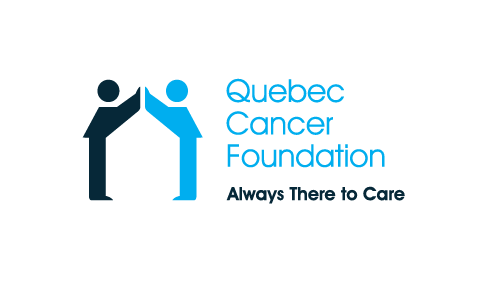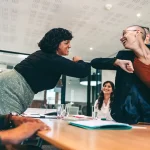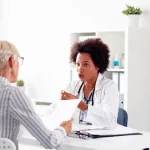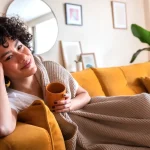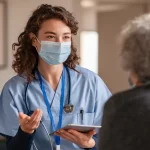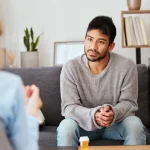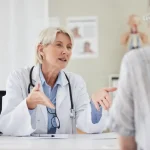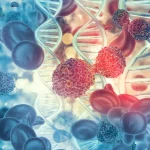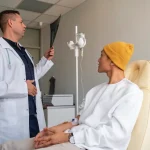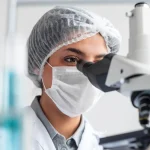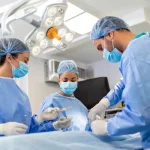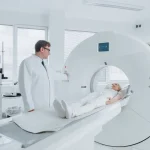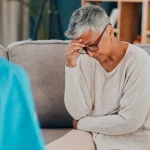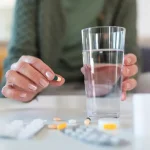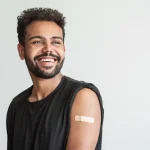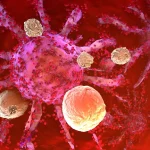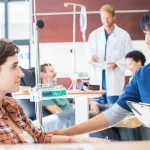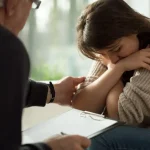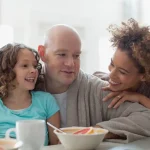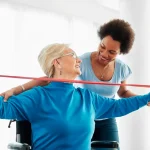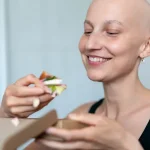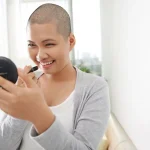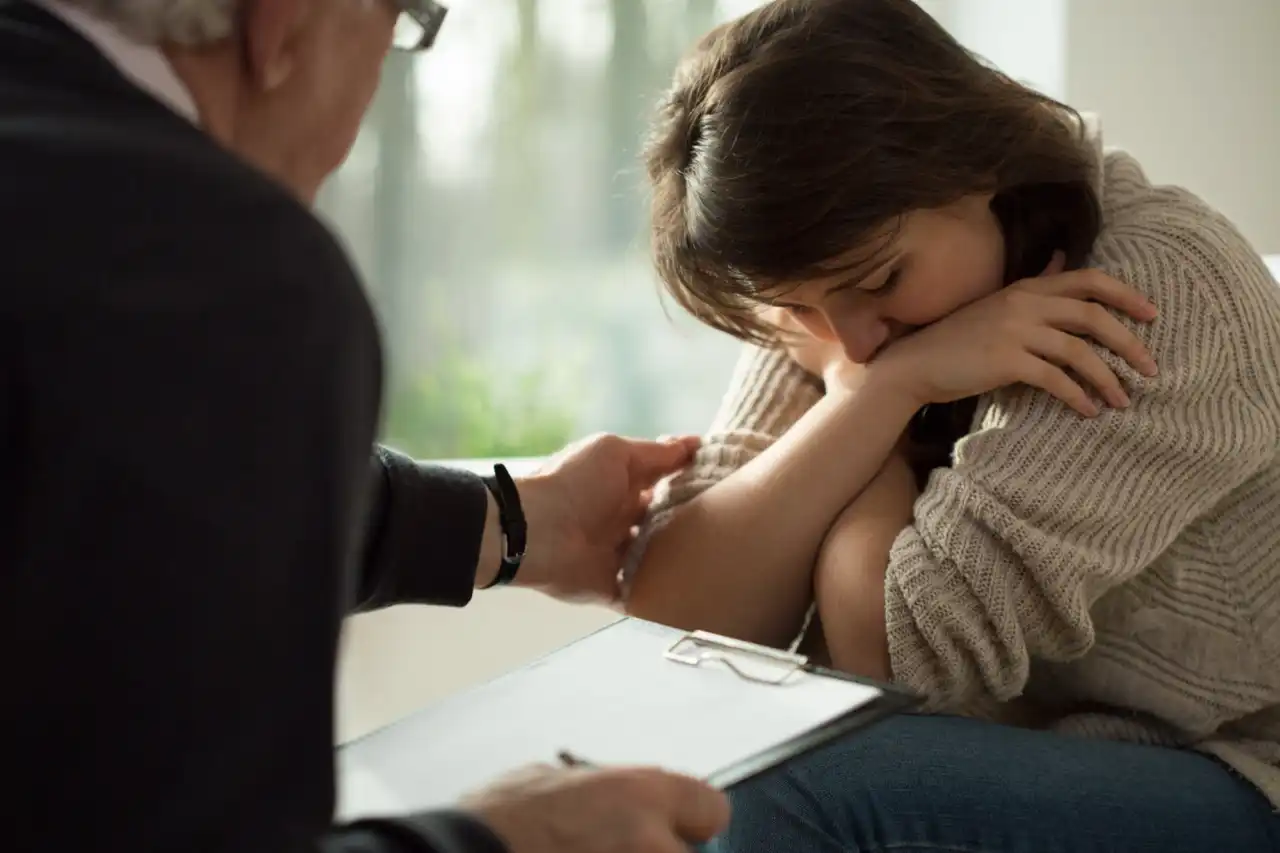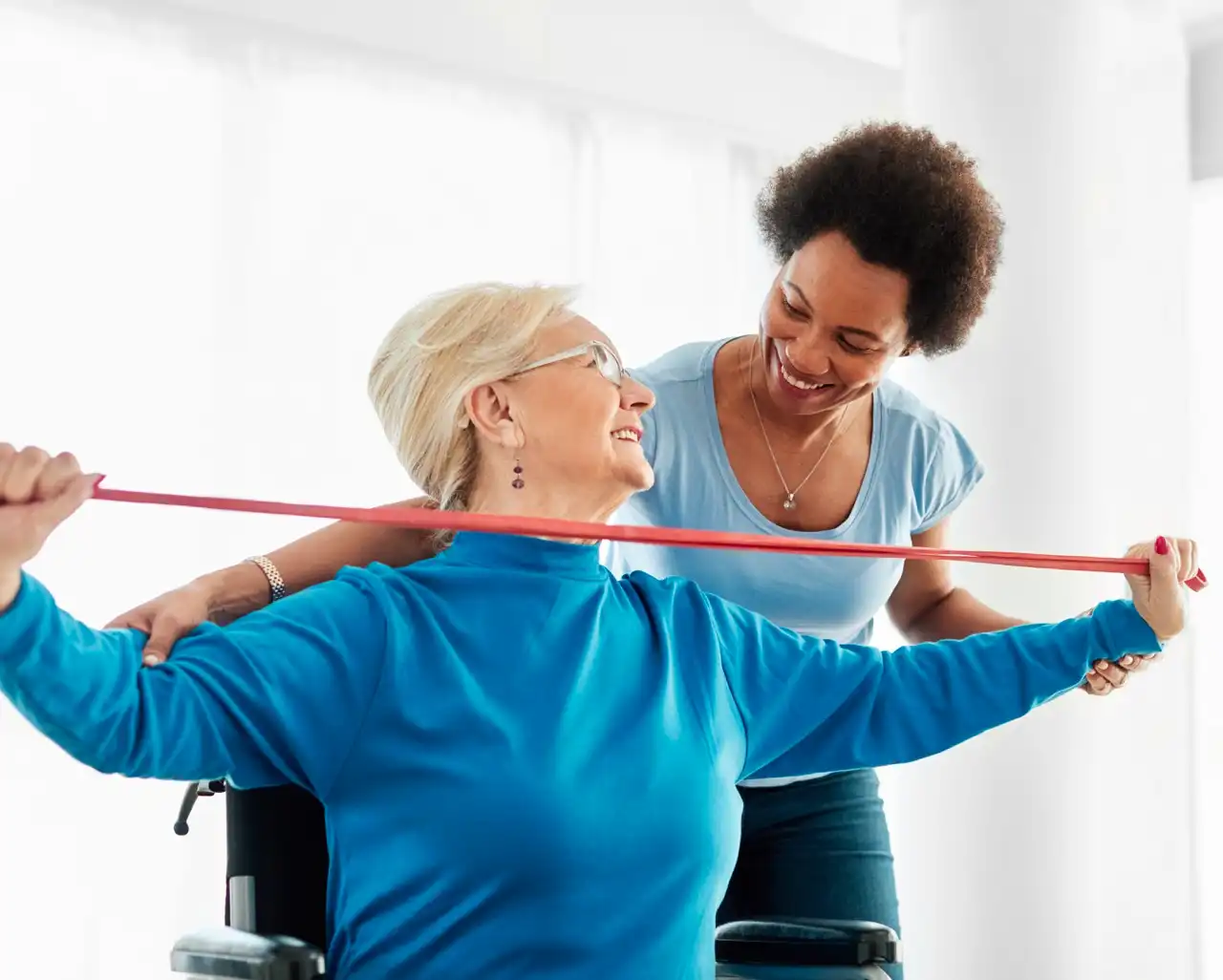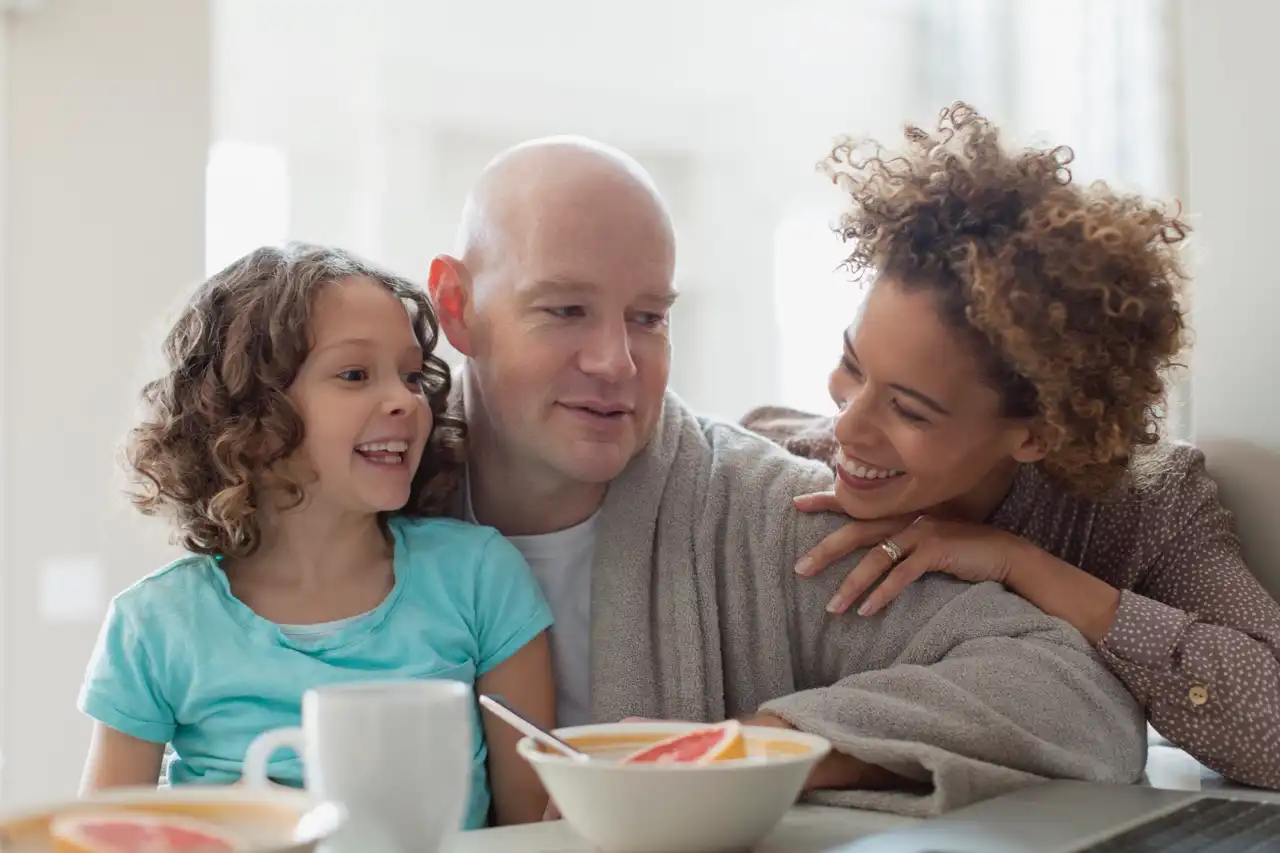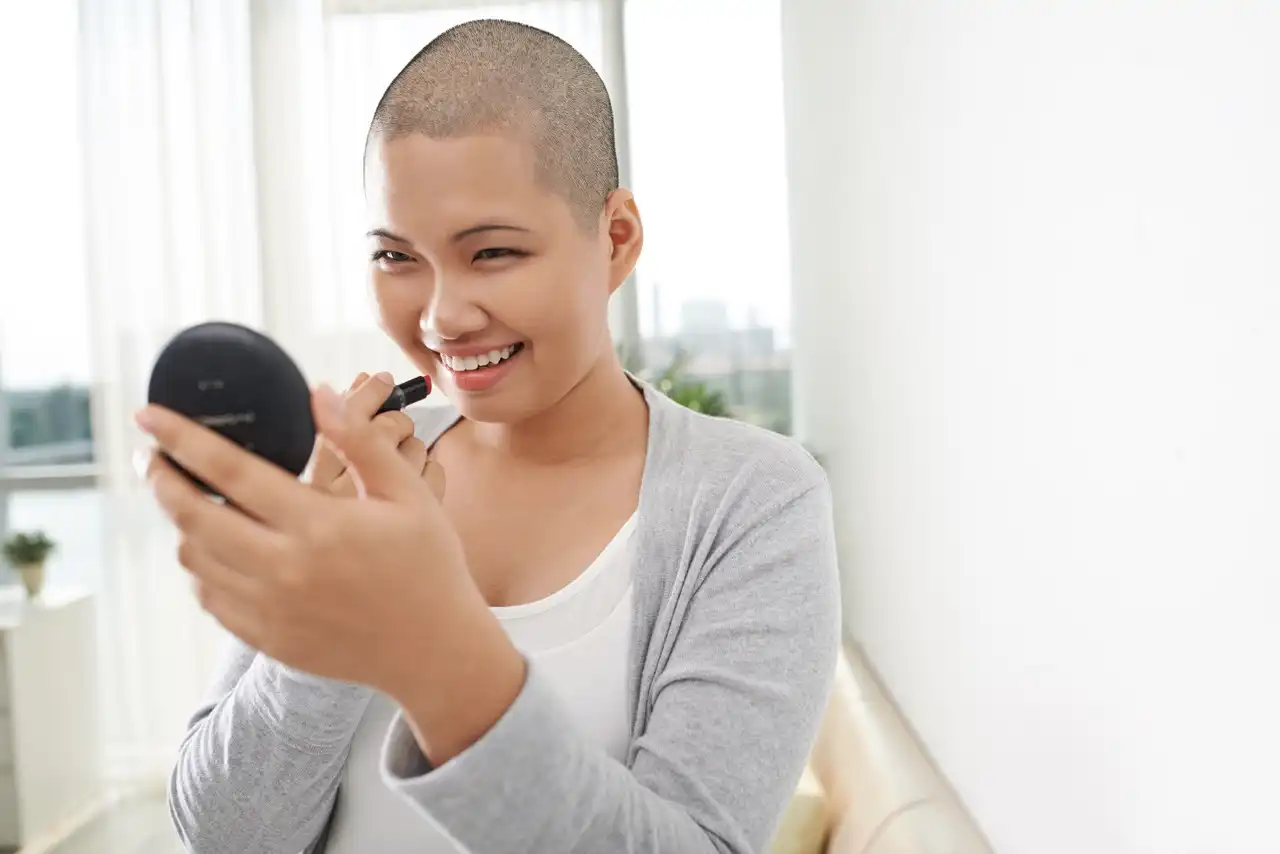Exercise when you have cancer: yes you can!
Moderate exercise tailored to your condition should not pose a problem, unless your doctor says otherwise. Here are some tips for gradually incorporating physical activity into your life with cancer:
- Be active at a regular time, choosing the time of day when you have the most energy.
- Incorporate exercise into your daily activities. For example, use the stairs instead of the elevator or walk instead of taking the car whenever possible.
- Exercise with a friend or relative. Plan physical activities with other cancer patients that you meet during treatment.
- If the weather is bad, do your exercises inside.
Source (in French only): En forme pour combattre le cancer : un programme d’exercices pour les personnes qui en sont atteintes et celles qui y ont survécu, 2006, 303 p. Borrow this book.
Listen to your body
When undergoing treatment for cancer, it is essential to respect your limits and be in tune with your body. Don’t compare yourself to others, progress slowly, and at any sign of complications (e.g. joint or muscle pain, nausea, dizziness) discontinue the activity and let your medical team or kinesiologist know about it.
The Quebec Cancer Foundation: your wellness partner
The Foundation offers a physical activity program tailored to the condition of people with cancer. Get moving and come and learn about it from our kinesiologists!
Eating well
Nutrition plays a very important role for people undergoing treatment for cancer. Good nutrition is achieved through a combination of foods carefully chosen to satisfy the different needs of the organism.
A balanced diet:
- helps healthy body cells quickly regain normal function after treatment;
- helps repair body tissue damaged by treatment;
- helps you tolerate the side effects of treatment;
- helps strengthen your immune system and reduce the risk of infection;
- helps you achieve or maintain a healthy weight;
- helps promote the optimal functioning of your organism;
- helps you regain your energy and lead a more active lifestyle. In addition, insufficient food intake causes the body to drain its energy and reserves of nutrients (iron, calcium, protein, etc.);
- helps improve your well-being and quality of life.
People with cancer usually need extra energy and protein to maintain their weight and increase their resistance. If your daily diet does not allow you to maintain a good energy balance. we strongly recommend that you add nutritious snacks or nutritional supplements to your diet.
Proteins
Proteins are essential in building and repairing muscle, skin, hair and bones. They also help the body fight against infection. People receiving treatment for cancer should consume 1.2 g to 1.5 g of protein per kilogram of body weight daily. N.B. your body can utilize animal sources of protein more efficiently than vegetable sources.
Vitamins, minerals and essential fatty acids
Several vitamins and minerals and certain polyunsaturated fatty acids are essential to the proper functioning of the body. In addition, they promote healing in damaged tissue. It may be prudent to take extra vitamins and minerals if you lack appetite, if you eat little meat, or if you have to eliminate certain foods or food groups from your diet. However, if you are receiving chemotherapy, we suggested that you consult with your doctor or pharmacist before taking supplements.
Too tired to cook?
Useful tips
- If you rest first, you will eat better.
- Opt for frozen foods, prepared meals, canned food, quickly made desserts, so as not to tire yourself with cooking.
- Eat small amounts, but more often; nutritious snacks are strongly suggested (muffins or cereal with milk, crackers with cheese or peanut butter, yogurt with fruit, nuts and seeds).
- Enjoy the moments when you are not tired to eat full meals or prepare dishes and freeze them. .
- Accept help from those around you.
- Use nutritional supplements to replace a meal occasionally, discussing with your doctor first.
- Make sure your food is nutritious!
- Add grated cheese to your eggs, your sauces and your vegetables.
- Add milk instead of water for cooking hot cereal.
- Replace non-nutritive liquids (tea, coffee, cola) with milk.
Bien manger pour mieux vivre: a tool developed by the Quebec Cancer Fouindation
The Quebec Cancer Foundation developed the brochure Bien manger pour mieux vivre to inform people with cancer and their families about the importance of a healthy diet during cancer treatment. The brochure covers the following broad themes: cancer and its treatment, the basic principles of a healthy diet, tips for putting on weight, tips for lessening the side effects of the illness, and-easy-to-make recipes and helpful thoughts for those undergoing treatment. You can consult the brochure online (in French only).
Info-cancer
Need information, a listening ear, resources and to share?
Our Info-cancer staff is there to:
- Answer your questions;
- Refer you to resources in your area;
- Provide you with useful documentation;
- Put you in touch with someone who has gone through the same ordeal, whether you or a loved one.
Borrow one or more books on the subject for free:
Monday to Friday, from 9 am to 5 pm
1-800-363-0063 (free of charge) | infocancer@fqc.qc.ca
